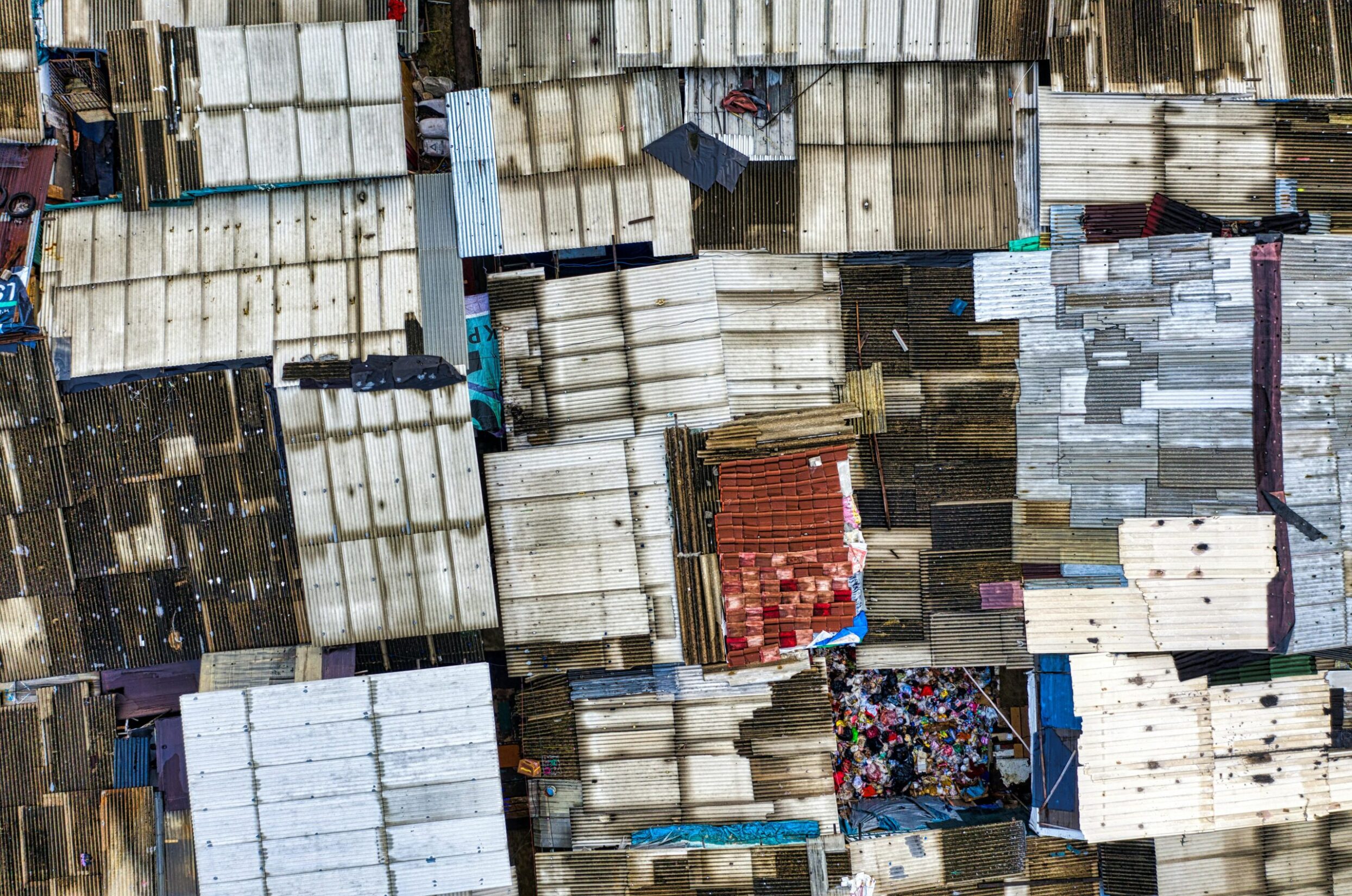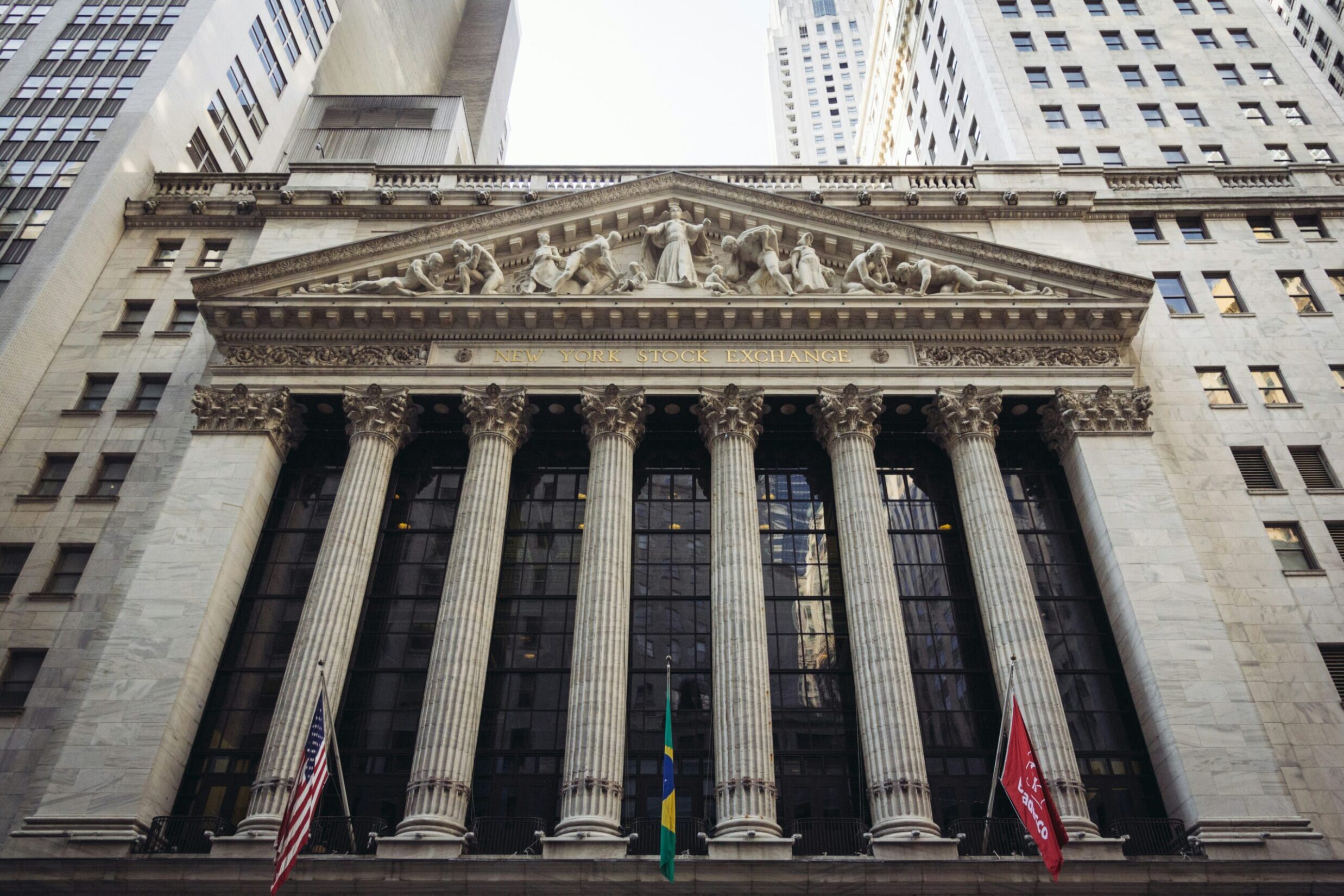Systemic Risk of Inequality
Advancing the field of systems-level investing

Tackling Inequality in Climate Finance for a Green Transition
Investors increasingly recognize that extreme socio-economic inequality poses a systemic risk, harming both the economy and markets essential for financial performance. Addressing it is especially crucial for large institutional asset owners – or universal owners – who manage highly diversified portfolios across the economy and cannot escape systemic risks. With their long-term perspectives, systemic risks like inequality present a much greater threat to their portfolios than the performance of individual firms.
Rights CoLab’s work on the systemic risk of inequality seeks to advance systems-level investing by helping universal owners measure and manage this risk. The initiative also provides a new avenue for promoting the private sector respect for human rights, which in the medium- and -long term are inextricably linked to extreme inequality—a critical concern for investors.
The Taskforce on Inequality and Social-related Financial Disclosures (TISFD) of which Rights CoLab is a founding member, is Rights CoLab’s flagship project addressing the systemic risks of inequality. To learn more about the origins of the Taskforce and Rights CoLab’s roles click here.
This work is made possible by the generous support of the Generation Foundation, Humanity United, and Tipping Point Fund on Impact Investing.









